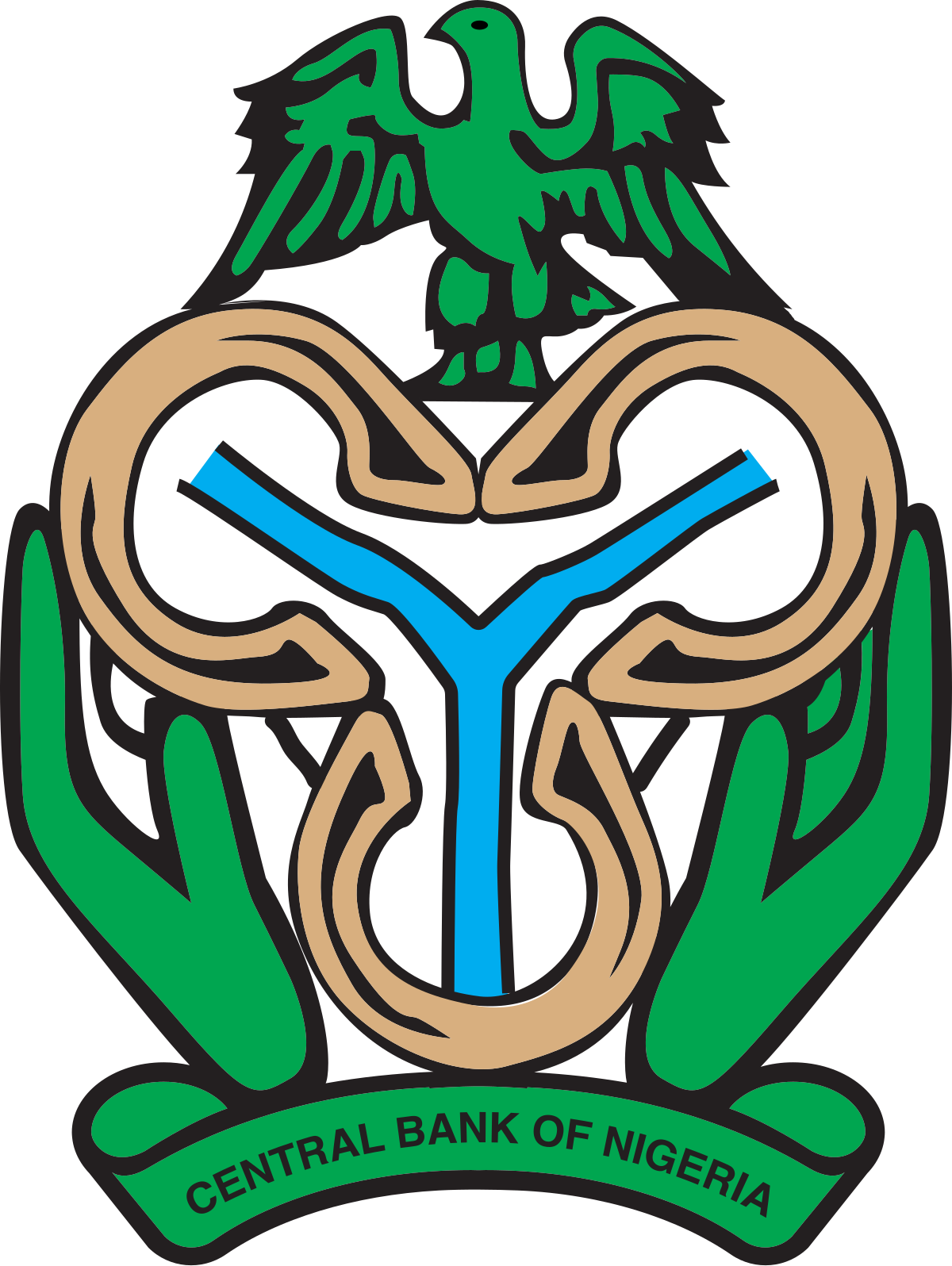
by TONBOFA LP

Under the NLC Circular payments system licensing has been streamlined into four: Switching and Processing; Mobile Money Operations (MMOs); Payment Solution Services (PSSs); and Regulatory Sandbox.
The following include the permissible activities for each licencing category:
- Switching And Processing: switching, card processing, transaction clearing and settlement agents services, and non-bank acquiring services. In addition, Switching and Processing companies can now carry out permissible activities under the Super-Agent, Payment Terminal Service Provider (PTSP) and Payment Solutions Service Provider (PSSP) licences. The minimum capital requirement for the licence is Two Billion Naira (NGN2,000,000,000)
- Mobile Money Operations (Mnos): to issue electronic money (e-money), create and manage wallets, and manage pool accounts. MNOs licence holders are also permitted to carry out activities that can be performed with a Super-Agent licence. The circular provides that the minimum capital requirement for this licence is Two Billion Naira (NGN2,000,000,000).
- Payment Solution Services (Psss): this licence category comprises the Super-Agent, Payment Terminal Service Provider (PTSP) and Payment Solution Service Provider (PSSP) licences. An applicant who obtains a PSSs licence would be entitled to carry out activities of the Super-Agent, Payment Terminal Service Provider (PTSP) and Payment Solution Service Provider (PSSP). The minimum capital requirement for the PSS licence is Two Hundred and Fifty Million Naira (NGN250,000,000). A company may also opt for one of the three licenses permissible under the PSS license.
The Super-Agent licence allows the licensee to perform agent recruitment, management and other activities as specified in the Regulatory Framework for Licensing Super-Agents in Nigeria and must have the minimum capital requirement of Fifty Million Naira (NGN50,000,000); PTSP license allows the licensee to perform Point of Sale(POS) and Payment Terminal Application Developer (PTAD); train and support merchants/agents, and must have the minimum capital requirement of One Hundred Million Naira (NGN100,000,000); and PSSP license allows the licensee to develop and deploy payment processing gateway and portals; payment solution/application; merchant aggregation and collection services, and must have the minimum capital requirement of One Hundred Million Naira (NGN100,000,000)
Regulatory Sandbox: a company may apply to the CBN for a formal process to conduct live tests of new, innovative products, services, delivery channels or business models. Entities that are permitted to apply and or participate under this licence category include licensed institutions, fintech, innovators and researchers.
Other notable provisions of the Circular
only MMOs are permitted to hold customer funds; Switching companies and MMOs can only operate under a holding company structure; Existing fintech companies that hold any of the licence categories or that intend to so hold are required to obtain a no-objection from the Payment Systems Management Department of the CBN; CBN approval is now required for collaborations between fintech companies, banks and other financial institutions in respect of products and services; Companies with new licensing application or with Approvals-in-Principle licence are required to immediately comply with the new licensing requirements while existing licensed payment companies are required to comply with the new licensing requirements no later than 30 June 2021; and payment service providers must now ensure that the object clauses in their MEMART reflect permissible activities under applicable licence category.
Implications On The Nigerian Payments System With the NLC Circular, fintech companies in Nigeria now have the flexibility to bundle some of their products or service offerings without having to apply for multiple licenses from the CBN. In addition, licensed entities now have clarity on their permissible activities and may therefore need to restructure their products or service offerings under applicable licence category.





